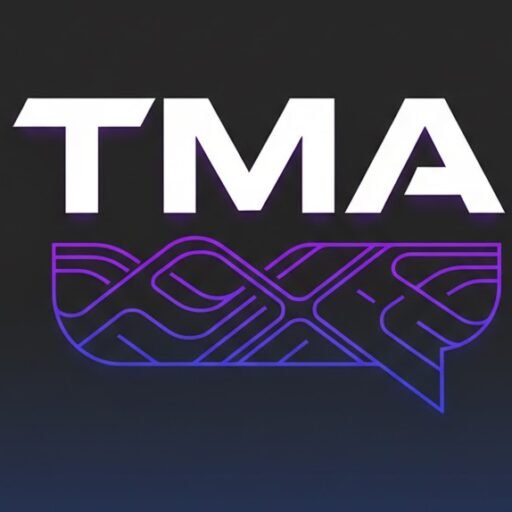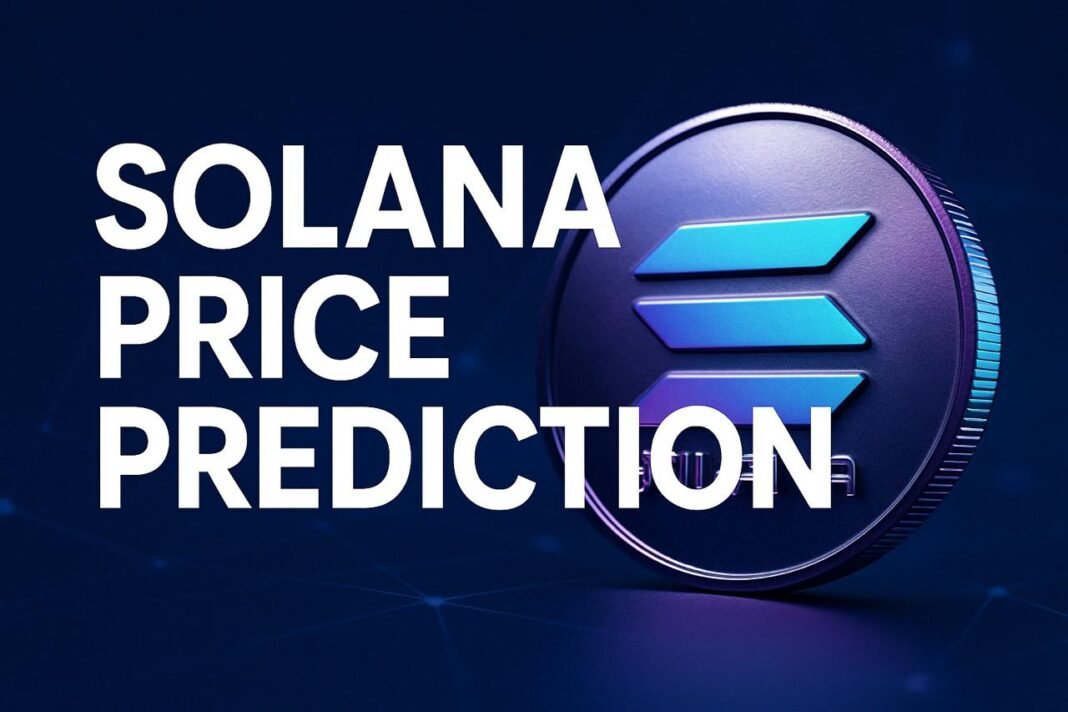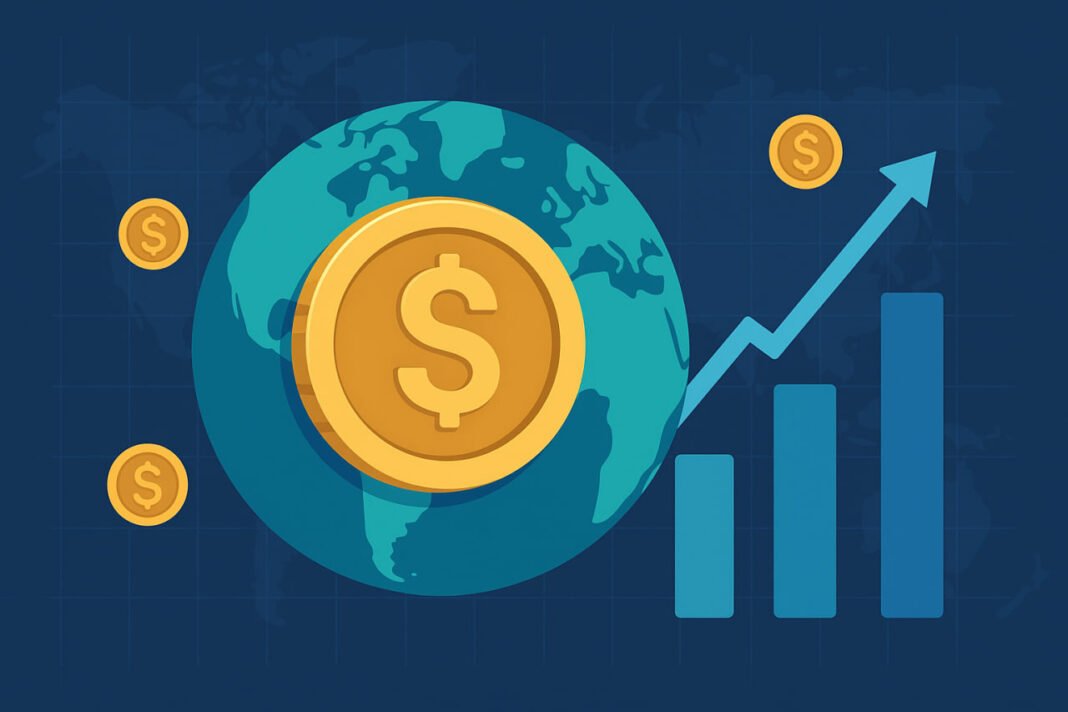Flutterwave and Polygon: A Stablecoin Solution
The Partnership: A Deep Dive
Flutterwave’s strategic alliance with Polygon Labs will make Polygon the default blockchain network for its new cross-border payment solution, built around stablecoins. These digital assets, pegged to fiat currencies like the US dollar, offer the potential to circumvent the inefficiencies that have long plagued international payments. The expectation is that they could reduce settlement times from days to near real-time, and fees from percentages to mere fractions of a cent.
Pilot Rollout and Target Users
The new system is slated for a pilot phase in 2025, involving a select group of verified merchants. A broader rollout to enterprises and individual consumers via Flutterwave’s Send App is expected in 2026. Initial adoption will focus on large corporations like Uber and Audiomack, already integrated with Flutterwave’s existing infrastructure. Subsequent phases will extend the benefits of blockchain-powered stablecoins to millions of everyday users. This staged approach allows for meticulous testing and fine-tuning, ensuring a smoother transition for all stakeholders.
Africa’s Growing Embrace of Blockchain
This partnership places Africa alongside other regions, such as Europe and Asia, where Polygon is actively driving fintech innovation. With over a hundred fintech companies already leveraging Polygon for efficient money transfers, Flutterwave’s embrace of the network underscores the continent’s growing receptiveness to blockchain technology for practical, real-world applications. For Flutterwave, this move is more than a tech upgrade; it aligns with its mission to streamline international payments for African businesses, setting a new standard for financial inclusion and providing a scalable solution for global commerce. If successful, this move could spur broader adoption of blockchain payment solutions across the continent, potentially altering the financial landscape significantly by 2027.
The Core Benefits: Speed and Cost Reduction
Dramatically Reducing Transaction Times
By tapping into Polygon’s high-performance blockchain, Flutterwave aims to drastically cut both costs and settlement times. The speed and efficiency of Polygon transactions could transform settlement periods from days to mere seconds. This is a stark contrast to the current system, where delays and high fees often hinder cross-border commerce.
Financial Inclusion and Reduced Friction
The partnership is expected to not only reduce operational friction but also strengthen financial inclusion by making cross-border payments more affordable and reliable. For small merchants in bustling hubs like Lagos, Nairobi, and Johannesburg, as well as individuals sending remittances, this technology promises to simplify and accelerate previously cumbersome financial processes.
Read Also: Stablecoins Under Siege: Can China’s Ban Derail Global Growth?
Navigating the Regulatory Landscape
A Cautious and Compliant Approach
Flutterwave is prioritising regulatory compliance, initially limiting the stablecoin service to verified merchants who meet stringent Know Your Customer (KYC) and Know Your Business (KYB) standards. The company is collaborating with regulators to ensure the service is launched only in markets with appropriate regulatory support. This cautious approach aims to mitigate potential risks and foster a sustainable ecosystem for blockchain-based payments.
Seamless Integration and Minimal Disruption
The integration of Polygon’s technology is designed to be seamless for merchants, requiring no technical changes to Flutterwave’s existing API. Businesses can access the new payment options without disruption, embedding blockchain capabilities into familiar systems rather than replacing them entirely. This ease of integration is crucial for driving widespread adoption and ensuring a smooth transition for users.
Potential Challenges and Future Outlook
While the potential benefits of this partnership are substantial, several challenges remain. Regulatory uncertainty across various African markets could pose a significant hurdle. Successful implementation hinges on collaboration with regulators and adherence to evolving compliance standards. Market volatility and consumer education are also crucial considerations. Users need to be comfortable with the concept of stablecoins, and measures must be taken to mitigate potential risks associated with market fluctuations. Furthermore, robust security measures are essential to safeguard user funds and prevent fraud.
Looking ahead to 2025 and beyond, this partnership represents a significant step toward unlocking the potential of blockchain technology for cross-border payments in Africa. If Flutterwave and Polygon can overcome the existing challenges and deliver on their promises, the project could pave the way for more efficient, affordable, and inclusive financial systems, ultimately benefiting businesses and individuals across the continent. By 2030, this could set a new precedent for blockchain adoption, impacting not only financial infrastructure, but potentially reshaping how Africa interacts with the global economy.






